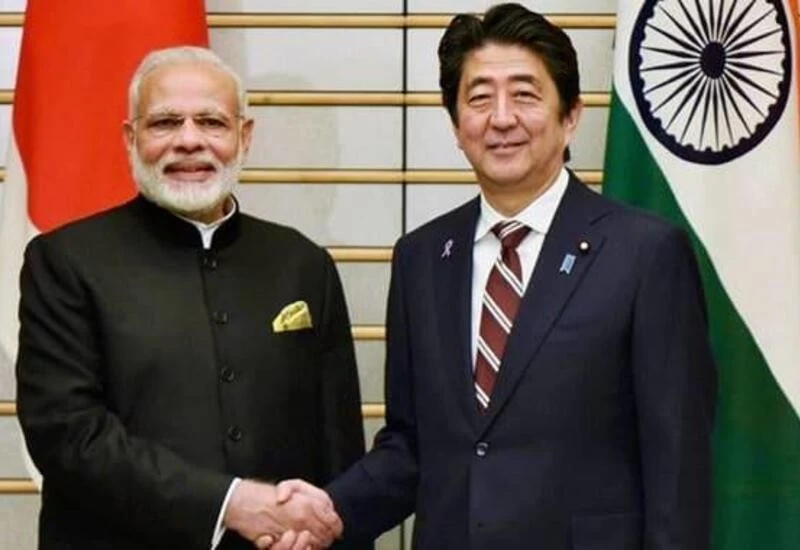New Delhi: Japan opposes any “unilateral attempt to change the status quo” along the Line of Actual Control (LAC), Japanese ambassador Satoshi Suzuki said on Friday against the backdrop of a months-old tense border standoff between Indian and Chinese troops.
Suzuki made the remarks in a tweet posted on his official Twitter handle following a conversation with India’s foreign secretary Harsh Shringla.
The remarks came in the wake of several meetings at the diplomatic and military levels between India and China that have failed to break the impasse along the LAC and even as Prime Minister Narendra Modi toured the Ladakh sector to meet troops and be briefed on the situation.
Suzuki also backed the Indian government’s efforts to achieve a peaceful resolution of the standoff that became public in early May.
“Had a good talk with FS Shringla. Appreciated his briefing on the situation along LAC, including GOI’s policy to pursue peaceful resolution. Japan also hopes for peaceful resolution through dialogues. Japan opposes any unilateral attempts to change the status quo,” Suzuki tweeted.
On June 19, Suzuki had, in a tweet, conveyed Japan’s condolences to the people of India and to the families of the 20 Indian soldiers who “lost their lives in the line of duty at Galwan Valley”. He was referring to the Indian soldiers who died in a violent face-off with Chinese troops in Galwan Valley, the focus of the current tensions.
Amid the border tensions, training vessels of the Japan Maritime Self-Defense Force had conducted a minor exercise with two Indian warships in the Indian Ocean on June 27. The deputy chief of the Japanese mission in New Delhi, Toshihide Ando, said this was the 15th exercise between the two sides in the past three years.
“This is a goodwill training to promote mutual understanding and trust with the Indian Navy,” he said. “The content of this exercise is tactical and communications training with no specific scenario.”
At the height of the 2017 India-China standoff at Doklam, Suzuki’s predecessor Kenji Hiramatsu had strongly backed New Delhi’s position on the matter and said no country should use force to alter the status of Doklam, located at the tri-junction of India, Bhutan and Tibet.
At the time, Japan was the first country to back India’s position on the standoff, which ended after 73 days.
Japan also strongly protested to China on Friday about the intrusion by two China Coast Guard ships into Japanese territorial waters near the disputed Senkaku Islands in the East China Sea.
The two Chinese ships entered Japanese waters around Senkaku Islands on Thursday evening and remained in the area, which is administered by Japan but claimed by China. Japan has demanded the ships should immediately leave the area, chief cabinet secretary Yoshihide Suga said.
“We will continue to deal with the matter calmly and resolutely,” Suga told a news conference.
This was the first time since June 22 that a Chinese ship has entered Japanese territorial waters around the Senkaku Islands. China sent its ships to waters around the islands for 80 days in a row, the longest streak since Japan put them under state control in September 2012.


